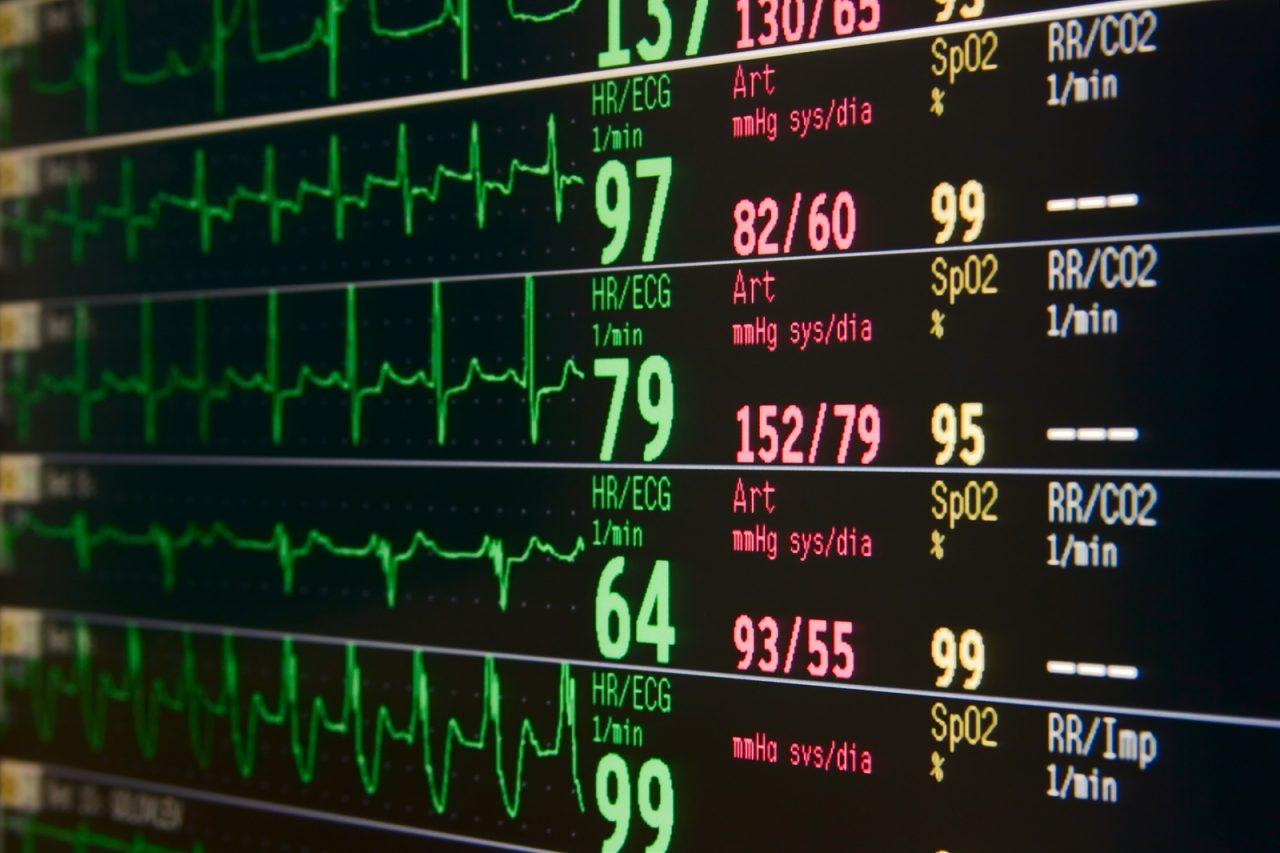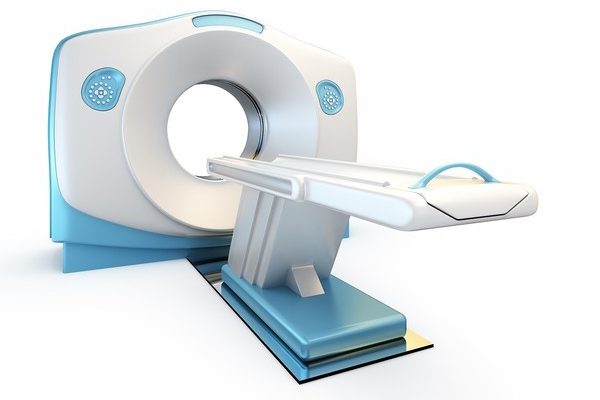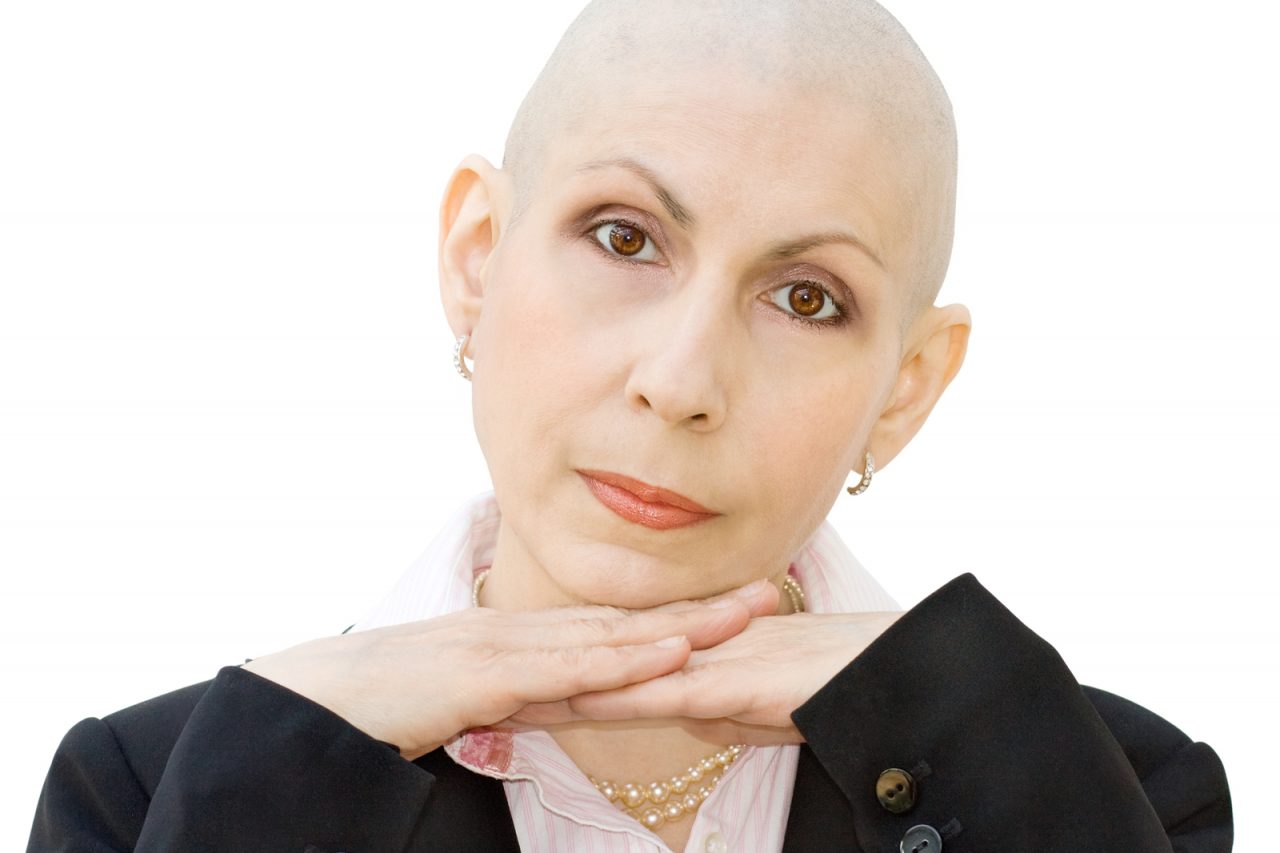I have learned not to say “good morning.” As an oncologist it is safer to open with “morning,” or “nice to see you,” rather than risk the “what’s so good about it” response, of a patient for whom things are not going well. However, despite that well learned lesson, I still let slip the occasional bumbling banal bromide.
Sarah was sitting on the edge of the table in my too-cold exam room, rapped in a coarse blue paper gown, fit for freezing flounder, hands squeezed firmly together, gaze on the window glass, looking at nothing. Running 10 minutes late, but energized by the fresh spring day, stimulated by my third cup of coffee and excited by the promise of a holiday weekend, I bounded into the room.
Wearing a broad and clueless smile, I gushed, “You look really great. How are you?”
With a thin grimace, Sarah’s head slowly turned and she locked tired eyes on mine. For a second, the room was silent.
Shit.
“Oh wonderful,” She said, “Great. Really great. Just peachy keen. Oh, except, of course, for that damn cancer thing.”
That “damn cancer thing.” That damn cancer thing that eats at your body and mind. That damn cancer thing that is always just in the back of your thoughts, ready to leap out, seize, poison the moment. That damn cancer thing that consumes so much of life.
I had not meant to be inappropriate, callous or disrespectful of Sarah’s suffering. She really does look great, especially for someone who has just finished her third round of chemotherapy, but I know that what she is going through is very hard. I was trying to connect, open the conversation. However, simple connections can be tough in the middle of a struggle for life. Fatigue and fear touch each precious moment and basic communication is strained.
The auto-intro, “how are you,” threatened our bond, because it is hollow like “what a cute baby,” “natural, organic,” and “I’ll call you.” In fact, my greeting may have seemed like a rejection or an attempt to maintain distance. My smile in the face of her anguish did not help.
Sarah feels physically strong, and is without pain. However, cancer is not as simple as a boil, earache or broken bone; the discomfort is much more than “body deep.” Pain cuts to the soul, threatening not only life, but each person’s humanity. I did not help with a greeting locked in the physical and now, instead of the personal and eternal.
Another lesson learned… the threat of the hackneyed phrase. The possibility of hurting, offending, by falling back to routine, “safe,” common words, when one desires, instead, to project compassion, understanding and love.
In Sarah’s case, her quick response let us both save face, reconnect.
“I’m sorry,” I said, “It sounds like you are having a tough day.”
“Yes,” Sarah responded, “It has been really hard.”
So began a long conversation about what is happening to her body, mind and family. The meeting ended much better than it began.
The art of medicine demands patience, empathy, listening and an ability to forgive one’s errors; adjust, change, grow. The art of being a patient demands courage, strength, honesty and an ability to forgive one’s errors; adjust, change, grow. Somehow, together, we muddle through. If we are lucky, we find healing and hope.







3 Comments